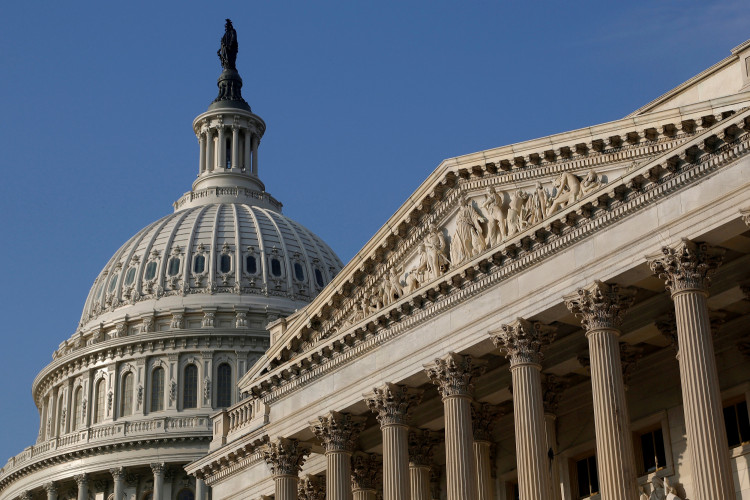In a move that has sparked controversy and highlighted the deep divisions in American politics, the House of Representatives, led by the Republican majority, has passed a significant defense policy bill. The legislation, which authorizes a national defense budget of $886 billion for fiscal 2024, has been met with opposition due to the inclusion of several contentious social policy amendments.
The bill, which was passed with a narrow margin of 219-210, includes provisions that restrict the Pentagon's policies on abortion access, medical care for transgender troops, and diversity. These amendments, added to secure conservative votes, have been criticized as an attack on diversity and individual rights.
The legislation was initially supported by Democrats in the House Armed Services Committee. However, as the bill took a sharp turn to the right during the debate, many Democrats withdrew their support, describing the revised bill as an "ode to bigotry and ignorance."
The defense bill's passage in the House is seen as a victory for House Speaker Kevin McCarthy and the Republican majority. However, the bill's future remains uncertain as it moves to the Democratic-controlled Senate, where many of the controversial provisions are expected to be watered down or removed.
The bill's passage has also highlighted the increasing politicization of the military and defense policy. The inclusion of social policy amendments in a defense bill is a departure from tradition and has turned what is usually a bipartisan effort into a partisan battleground.
The defense bill's controversial provisions include an amendment by Rep. Ronny Jackson (R-Texas) that blocks Pentagon policies that reimburse travel costs for troops seeking abortions. This amendment was passed despite Democratic opposition, marking a significant policy shift.
The bill also includes provisions to end coverage of transition surgeries and hormone treatments for transgender troops, gut diversity and inclusion programs, and limit the specific flags that can be flown at military installations - a move that would effectively ban flying the pride flag.
Despite the controversy, some Republicans have hailed the bill as a victory. Rep. Kevin Hern (R-Okla.), the chair of the conservative Republican Study Committee, described the bill as "the first Republican-only NDAA since Eisenhower."
However, the bill's passage in the House is just the first step in a long legislative process. The Senate is set to begin debate on its own defense legislation next week. This bill, which enjoys bipartisan support, includes some provisions that boost scrutiny of diversity programs and seeks more information from the Pentagon on the legality of its abortion policies.
As the defense bill moves forward, it remains to be seen how the controversial provisions will fare in the Senate and what the final version of the bill will look like. What is clear, however, is that the debate over the defense bill has highlighted the deep divisions in American politics and the increasing politicization of the military and defense policy.






